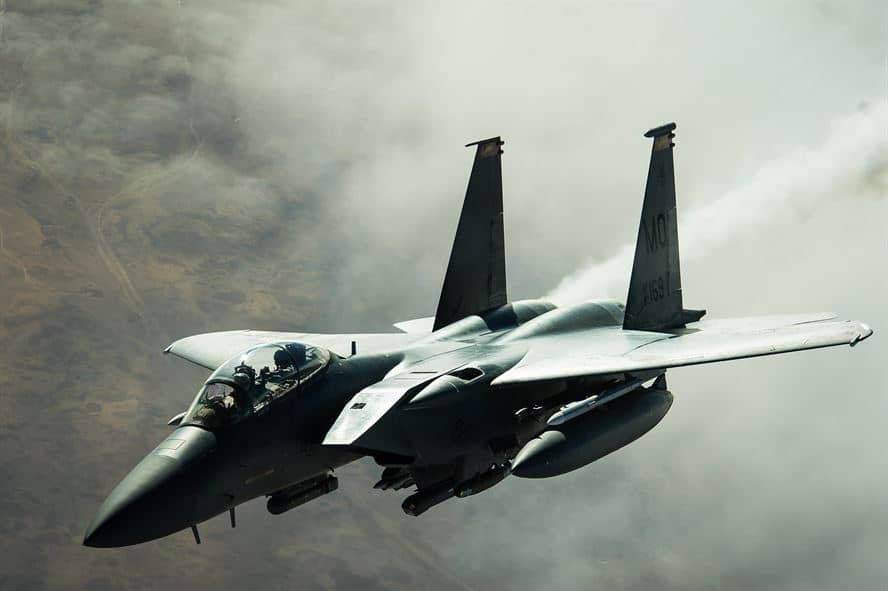
AFRICOM kills ‘foundational’ Shabaab leader in strike
AFRICOM has stepped up its air campaign against Shabaab since the beginning of the year, targeting the group 33 times.

AFRICOM has stepped up its air campaign against Shabaab since the beginning of the year, targeting the group 33 times.
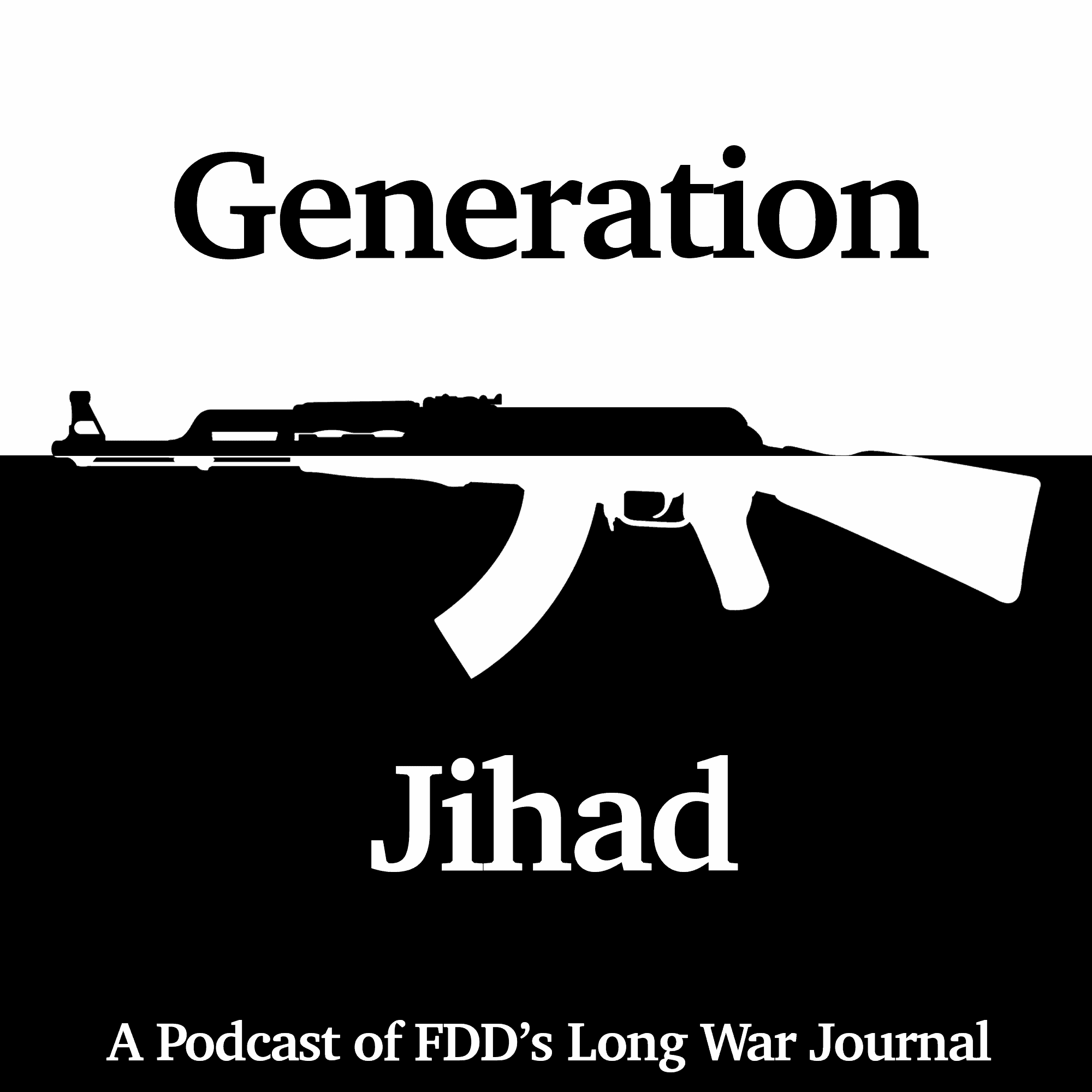
Hosts Tom Joscelyn and Bill Roggio discuss the rise of ISIS and how the idea of building a caliphate in Iraq evolved over time. Bill witnessed the jihadists’ earliest state-building efforts during multiple embeds in Iraq.
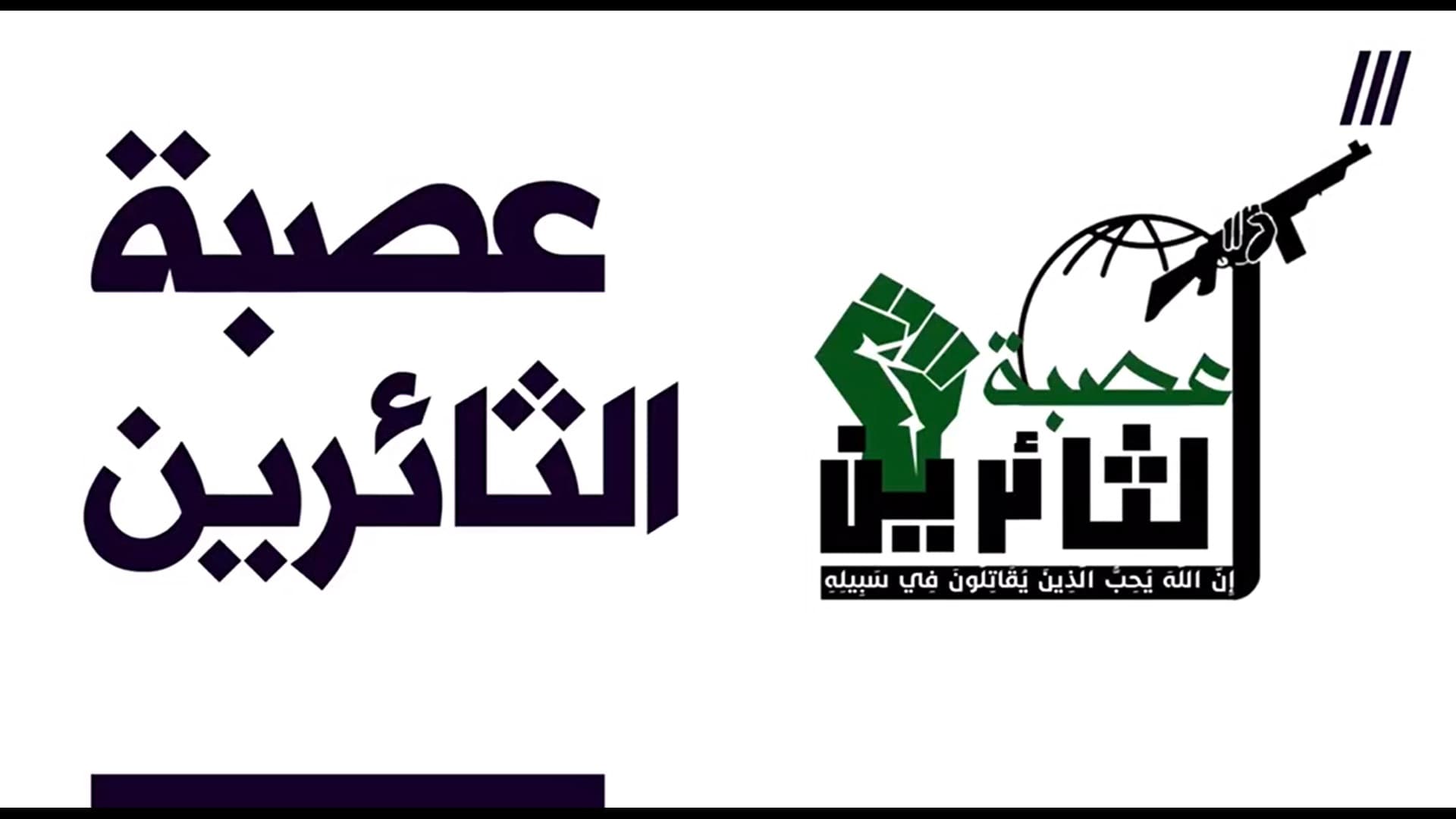
Throughout its statements, the front group has made threatening the U.S. embassy one of its main talking points.

As U.S. Secretary of State Mike Pompeo calls for the Taliban to honor a non-existent commitment to “reduce violence,” the Taliban continues to train for war.

Gaza’s militant groups commend Houthi’s efforts to release Hamas members held in Saudi Arabia under terrorism charges.

On March 19, Turkey’s defense ministry announced the death of two Turkish soldiers at the hands of “radical elements” in northwest Syria’s Idlib. The attack highlights Ankara’s challenges in the Syrian province.

Hosts Bill Roggio and Tom Joscelyn profile Al Qaeda in the Arabian Peninsula’s (AQAP) new emir, Khalid Batarfi.

Saudi Arabia has revised its educational curriculum, but the kingdom’s textbooks still include passages that incite hate against Jews, homosexuals and the “infidels.”
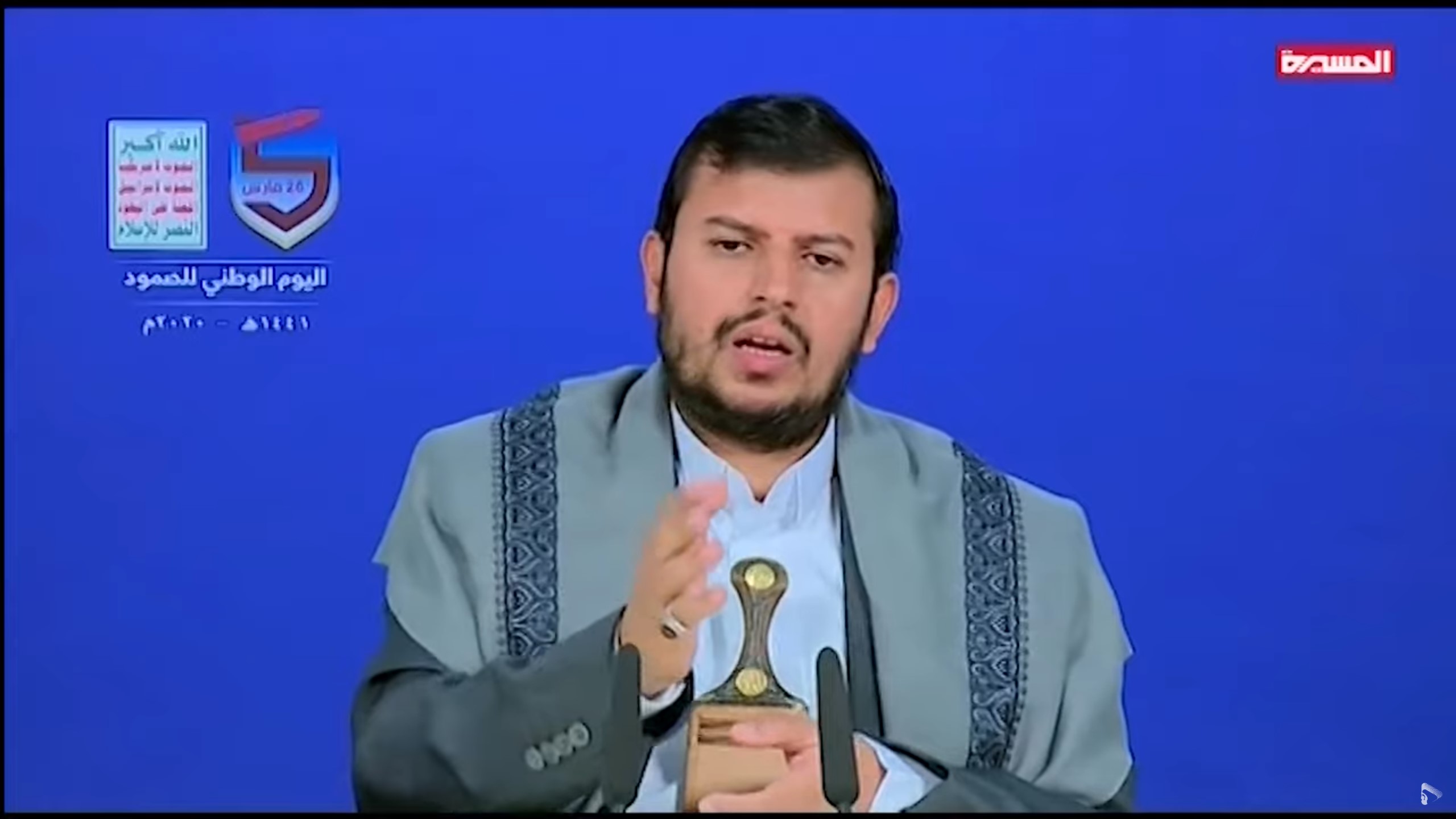
The Houthi leader offered to release a captured Saudi pilot in exchange for the freedom of the detained Hamas members.
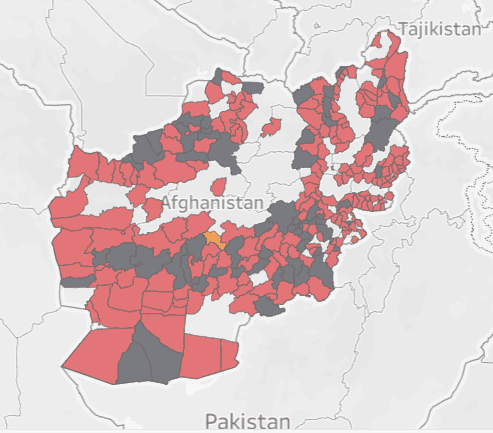
The district Yamgan in in Badakhshan has been under siege for several months before falling to the Taliban today.
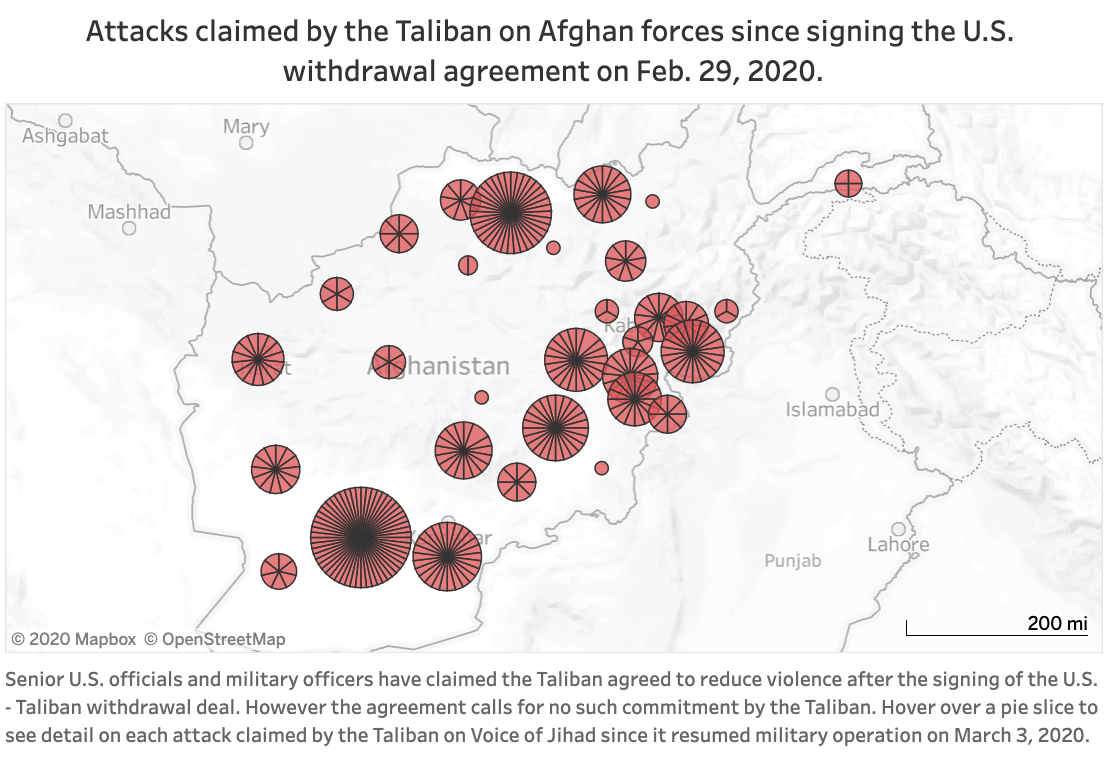
The Taliban has taken credit for 17 attacks per day against Afghan security forces. Despite promises from Secretary of State Mike Pompeo that the Taliban would “destroy” Al Qaeda, the Taliban has not lifted a finger against the group.
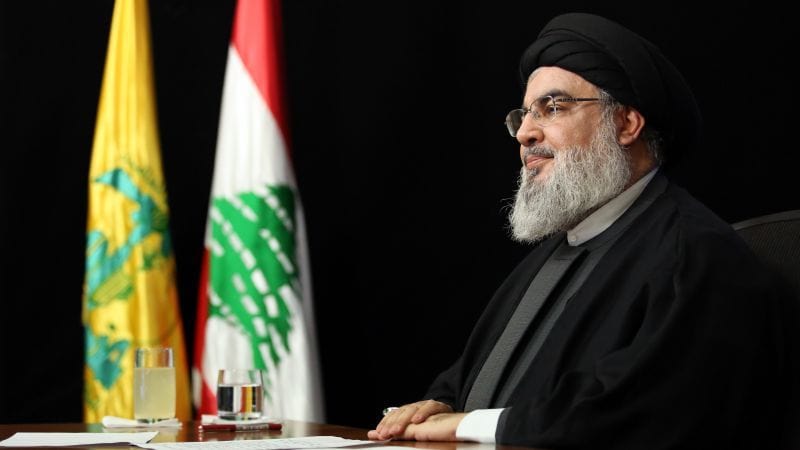
Hezbollah’s Hassan Nasrallah charges that American pressure influenced the Lebanese government to release former SLA member Amer Fakhoury, the “Butcher of Kiam”, who was accused of torturing prisoners during Israel’s occupation of south Lebanon.

The Islamic State’s Khorasan arm claims its terrorist, Abu Khalid al-Hindi, carried out an assault on a Sikh temple in Kabul earlier today. Despite suffering setbacks in eastern Afghanistan, the group has conducted several attacks in the Afghan capital this year.
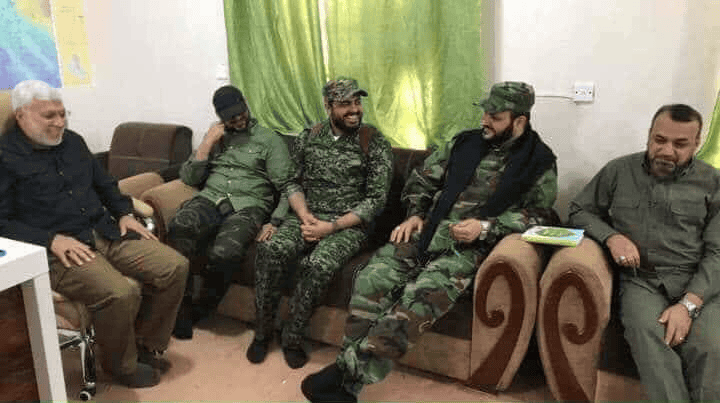
Additionally, the group’s leader, Qais al Khazali, and his brother, Laith al Khazali, have been listed as Specially Designated Global Terrorists. Both Qais and Laith were in U.S. custody up until the withdrawal from Iraq in December 2011.

In a follow up to episode one, hosts Bill Roggio and Tom Joscelyn explain why wishful thinking in Afghanistan has led the U.S. to portray the Taliban as something it is not. True peace is not on the horizon.

Last week, AQAP released an audio message form its new emir, Khalid Batarfi. In it, Batarfi renews his allegiance to Ayman al-Zawahiri on behalf of AQAP. He also praises the Taliban and Shabaab.
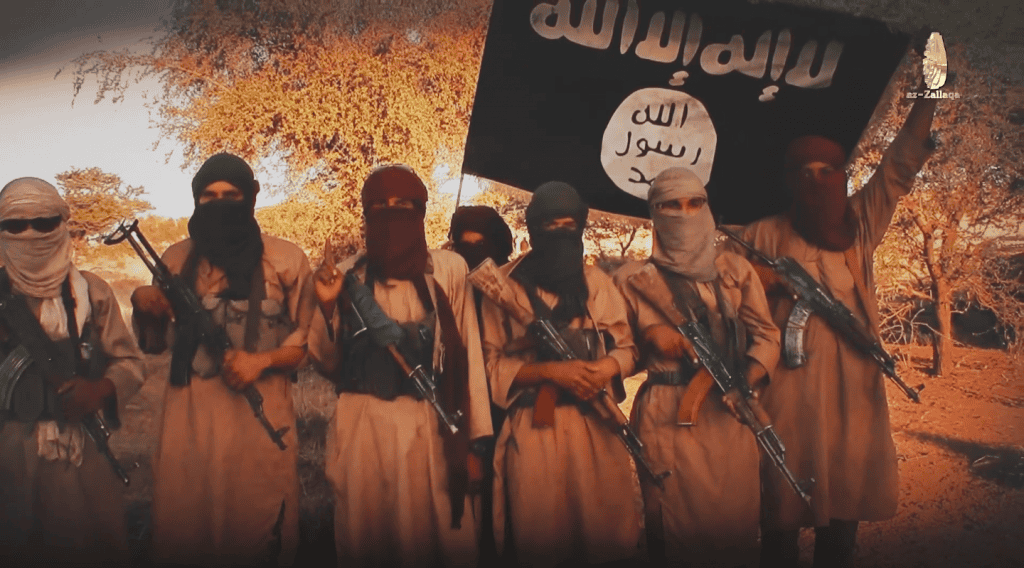
The attack in Mali’s northern Gao region is one of the deadliest in recent months.

Al Qassam Brigades’ spokesperson holds Israel “fully responsible” for the health of Palestinian prisoners during the Coronavirus pandemic.
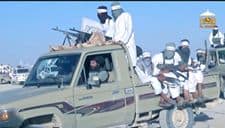
The deadly assault in Zabul takes place as U.S. military officials continue to ponder if the Taliban’s drumbeat of daily attacks is part of the group’s overall strategy or the efforts of a “splinter” cell.

A spokesman of the group warns US troops in Iraq, while also threatening Israel in a speech that alludes to Hezbollah’s leader Hassan Nasrallah.
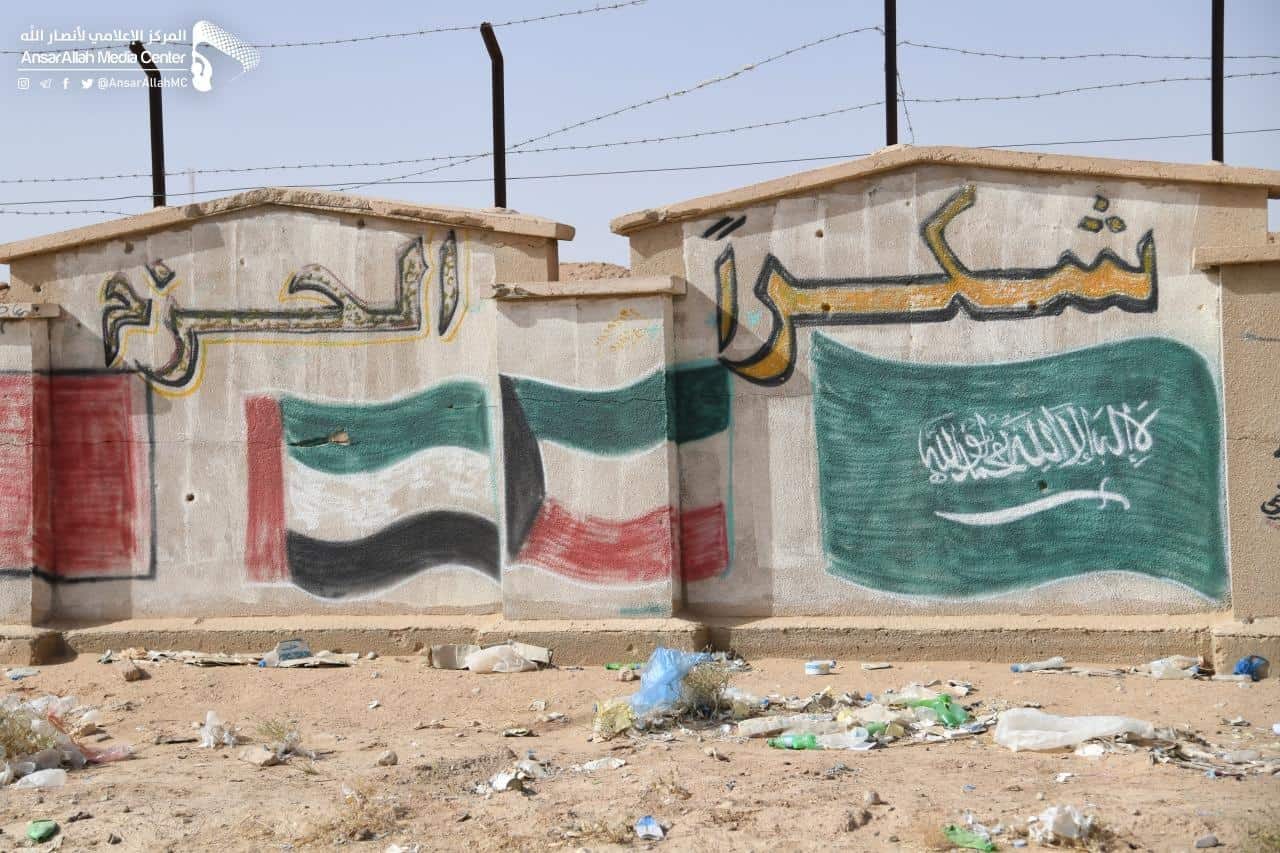
The capture of large parts of al Jawf allows the Houthis to focus on neighboring Ma’rib, where the internationally recognized Hadi government contests for power in the north.

The U.S. military wonders if a “splinter” Taliban groups is responsible for attacks that are occurring in nearly every Afghan province. Meanwhile, the Taliban is claiming the attacks in its own name.

Hosts Bill Roggio and Tom Joscelyn review the U.S.-Taliban withdrawal agreement and why it isn’t a true peace deal.

The group is likely a front for other Iranian proxies inside Iraq.
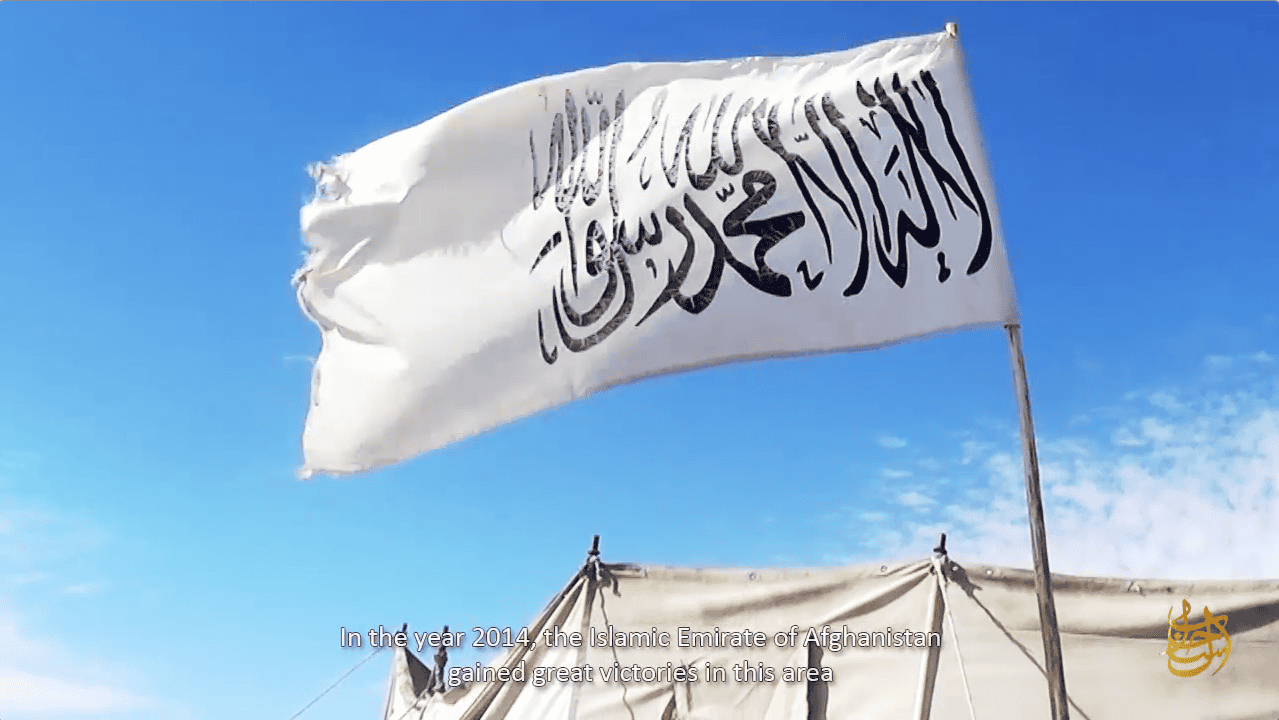
Al-Qaeda’s general command has released a three-page statement celebrating the U.S.-Taliban withdrawal agreement as a “victory” for the Taliban. Al-Qaeda calls on Afghans and the mujahideen to bolster the Taliban’s Islamic Emirate of Afghanistan.
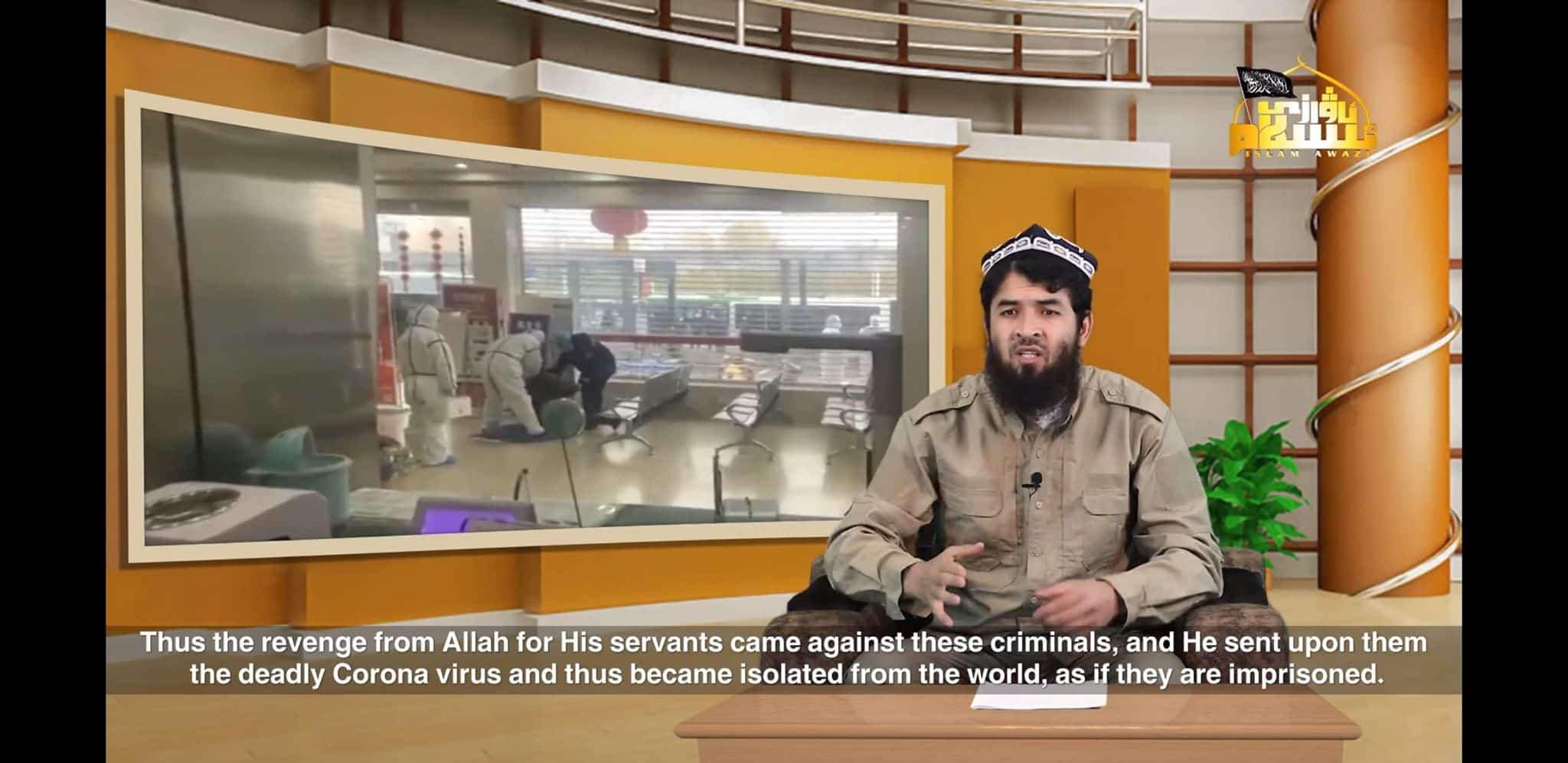
As the world continues to deal with the spread of COVID-19, jihadists have taken it upon themselves to exploit the situation for their own political gain and to offer advice to their own members.

The commemoration of a Popular Resistance Committees leader and the aftermath of his assassination.

Each week the Generation Jihad podcast will bring you a new story focusing on jihadism around the globe.
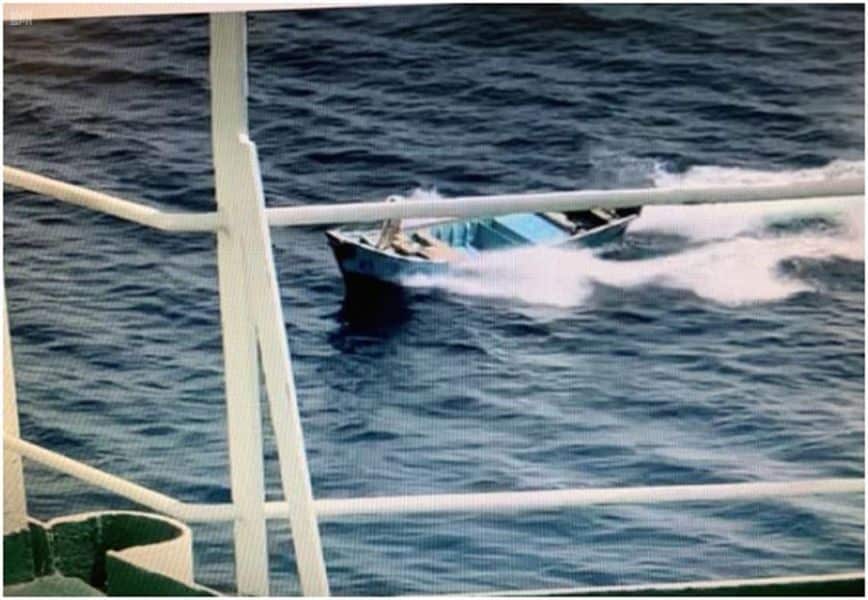
Not only have the Houthis utilized this tactic more in recent weeks, but the insurgency has also exported the drones to the Arabian Sea.

Al Qaeda’s branch in West Africa, Jama’at Nusrat al-Islam wal-Muslimin, has released a statement saying it is willing to meet with the Malian government — but only after French and allied forces withdraw from the area.